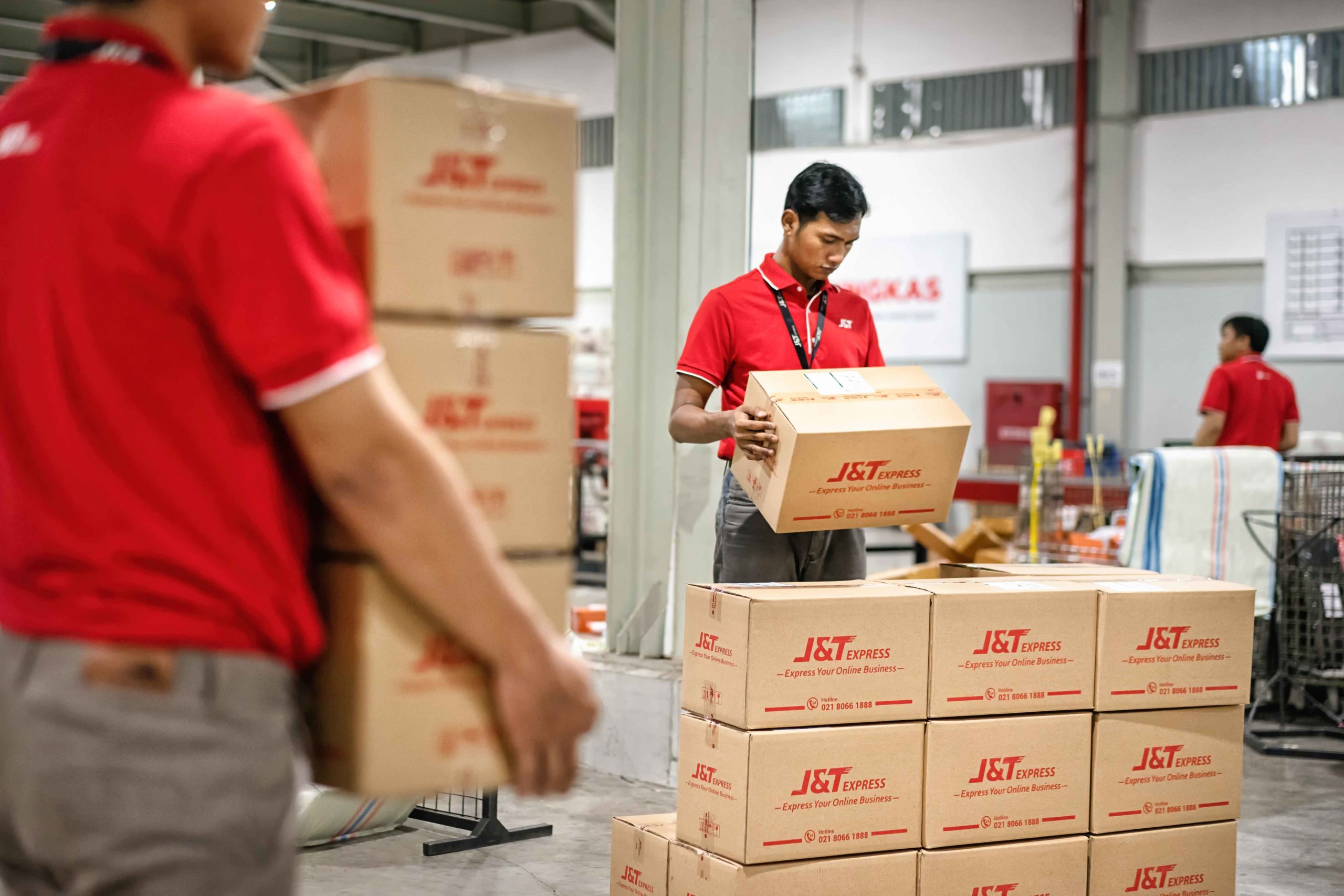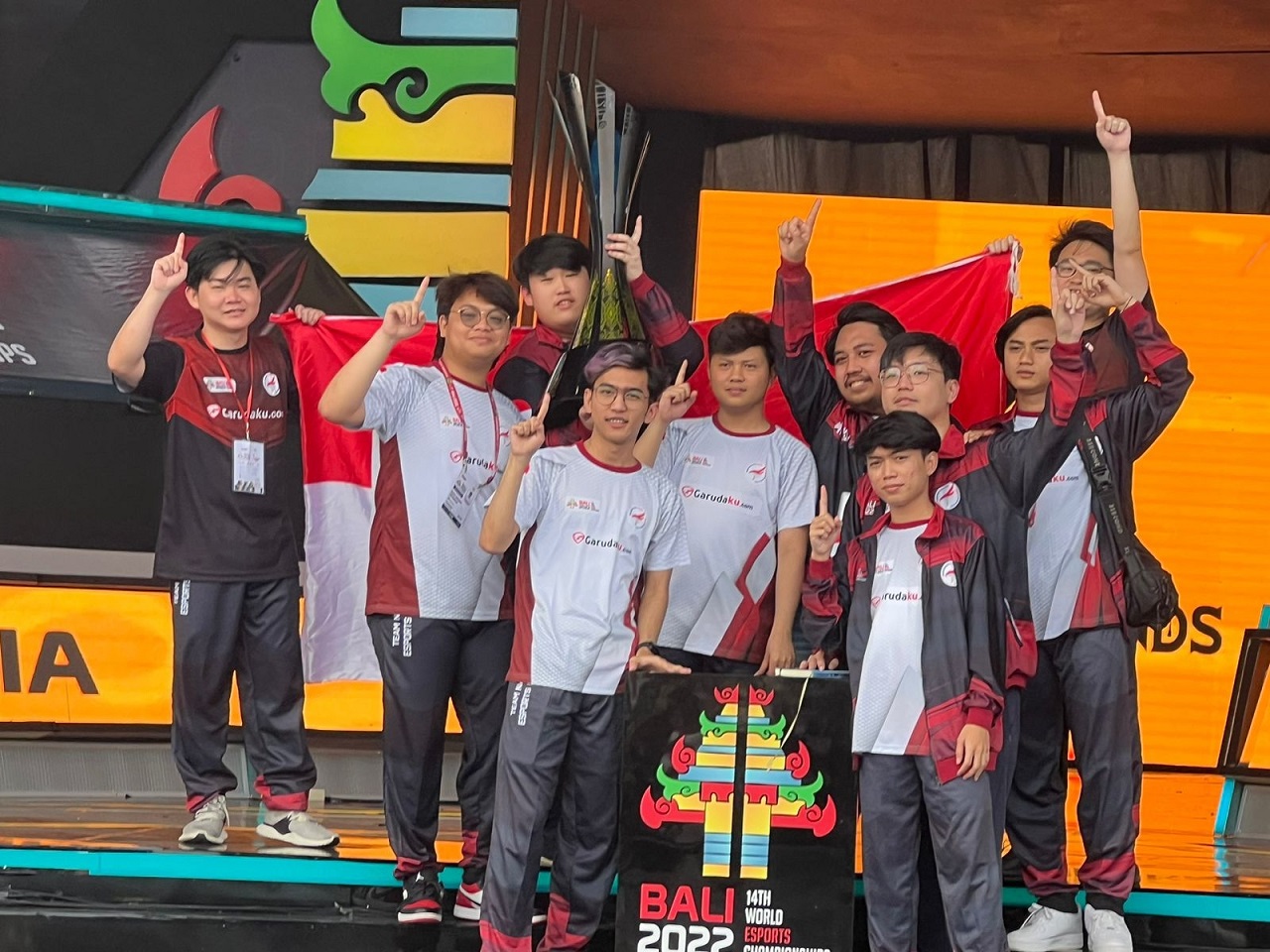The local logistics company J&T Express (J&T) is making another headlines with plans to raise over $1 billion (more than Rp. 14.5 trillion) funding from Tencent and other investors with a pre-money valuation of $20 billion, citing The Information.
Previously, CB Insights said in April that J&T had acquired unicorn status with a valuation of $7.8 billion, through the funding worth more than $2 billion from a series of investors. The investors are PE China Hillhouse Capital, Boyu Capital, and Sequoia Capital China.
When local media asked for a response, J&T’s CEO Robin Lo did not confirm nor deny the unicorn’s status.
Referring to the CB Insight version of the valuation, it means that J&T’s valuation has grown over two times within four months. DailySocial has published a piece questioning J&T’s unicorn status.
Chairman of the Indonesian Logistics Association (ALI) Mahendra Rianto doubts this status, as compared to its closest competitor, JNE is also estimated to have become a unicorn.
Flexible valuation
Without putting aside the rumors above, the key word is that irrational valuations are something that is interesting to discuss.
Quoting from PracticalEcommerce, it is said that the valuation in private companies is speculative. Even the calculation is not as objective as imagined.
There are some considered factors, such as team expertise, product, assets, business model, market share, competitor performance, and others. There are also VCs with its own formula to find pre-value money from a business.
Therefore, calculating the startup valuation combines elements of art and science. If it’s to be compared with NFT, it is fine as both have something in common. Equally irrational. It will still be validated as long as someone buys it, regardless of the number.
However, there are eight methods of calculating valuation in general, such as The Berkus Method, Comparable Transactions Method, Scorecard Valuation Method, and so on.
It used to be commonplace for startups to raise equity funding for no more than three funding rounds and were acquired or went public within five years of operation. However, it’s not uncommon for startups to receive six rounds of funding and remain closed for more than 10 years.
As a startup grows into a mature business, both revenue and expenses, it is exposed to a different economic environment. Challenges arise — more competitor, saturated markets, acquiring customers. VCs, who profit when their startups exit, have shown great patience.
As long as it is a private company, it means that there is no obligation to notify the public of financial statements.
As startups matured, competitors emerged, and each company had to spend more on marketing and customer acquisition. The biggest need requires startups to get more money. This metric is rarely highlighted and gives a one-sided picture of the actual state of the company.
“All the hype ended, however, when the company filed to become a public entity,” PracticalEcommerce wrote.
Union Square Ventures’ Co-Founder, Fred Wilson wrote on his blog, “… valuations in the private market, especially in the late stages, can sometimes be irrational. Valuation in the public, of course after the stock has been trading for a long time and the lock-off period is over, is much more rational.”
This is clearly seen in the performance of Uber and Lyft on the stock market. When Uber went public in May 2019, its stock was valued at $45 per share at a valuation of $75.5 billion. The stock has been wildly move since then, peaking at $46 per share on June 28, 2019, then dropping to a low of $26 per share in November 2019. Currently, at September 2, 2021, $41.09 per share with a market cap of $76.59 billion.
When Lyft went public in March 2019 at a price of $72 per share with a valuation of $24 billion. Lyft’s stock price was even wilder. Now, on September 2, 2021, at $48.96 per share with a market cap of $16.41 billion, far from its initial offering price.
Fight a “different” war
In Southeast Asia, J&T has available in seven countries, before finally arrived in China in March 2020. Long before that, the founder, Robin Lo has very strong background with Chinese entrepreneurs backing.
In China, the logistics market is very bloody. There are five big players there, S&F Express, Yunda, ZTO, YTO, STO, and HT Express. In order to gain traction, J&T’s use an extreme strategy, with subsidized shipping and low prices tending to damage the market.
The relationship between Robin and Jet Lee (CEO of J&T China) in building J&T Indonesia is quite strong, considering that Jet Lee is Oppo’s former official. According to the KrAsia report, J&T’s business runs quite well thanks to the support of Oppo’s parent, BKK Electronics. It’s not only Oppo, but also other smartphone brands, Vivo, Realme, and OnePlus.
BKK’s founder, Duan Yongping played a role in J&T’s relationship with Pinduoduo as he was also a mentor to Pinduoduo’s founder, Colin Huang. Together with Pinduoduo, J&T was able to recored a daily order volume of more than 20 million packages in China alone. During the 618 Shopping Festival – the second largest annual shopping event, J&T Express’ daily package volume at that time exceeded 30 million packages.
However, with all of the backing, it is not enough to boost J&T’s strong dominance because compared to its peers, such as ZTO with 94 sorting centers and 30 thousand shipping outlets that are able to reach 99% of China’s territory. On the other hand, J&T is yet to reach rural and remote areas.
Not to focus only in China, J&T continues to create new sources of growth by shifting its attention to the Middle East and Latin America. It will focus on three densely populated countries – Egypt, Brazil and Mexico – and two countries with higher per capita incomes: the UAE and Saudi Arabia. These countries have huge population, with nearly 500 million people in total.
J&T’s growth in Indonesia
Just like China, the last-mile logistics companies in Indonesia is very crowded. Robin Loo claims the company can send up to 2.5 million packages per day thanks to its partnerships with various marketplace platforms.
J&T’s competitors largely rely on a similar strategy. For regular and one-day delivery (next day), buyers can choose delivery services from SiCepat, JNE, AnterAja, Ninja Express, to Shopee Express provided by Shopee. This is not counting Grab Express and GoSend which provide instant delivery.
These shipping options are available on every marketplace. All sellers are given free to choose the one in the coverage. Conditions are fairly reasonable whether not all logistics services are available and can be chosen by the buyer. Moreover, at Shopee, the majority of deliveries are controlled by Shopee Express.
In order to compete, J&T recently developed a cargo service for the delivery of packages with a large weight and volume with an SLA estimated delivery of 1-3 days. Premium delivery services are also increasingly being expanded in scope. not only in Greater Jakarta, but also in Bandung, Surabaya, Semarang, Yogyakarta, and Jambi.
–
Original article is in Indonesian, translated by Kristin Siagian













